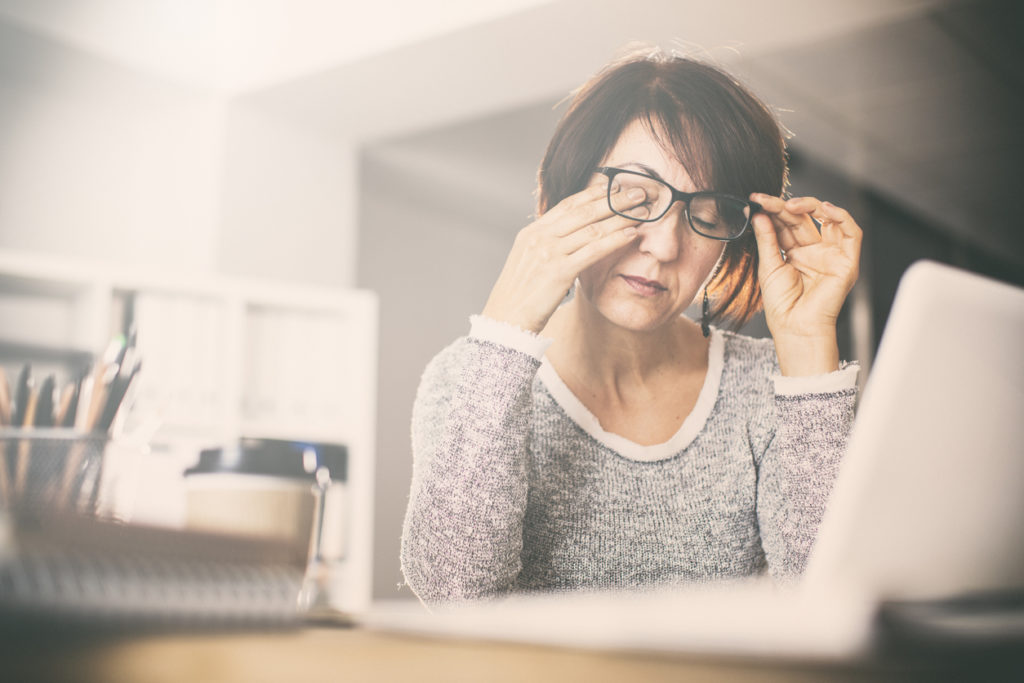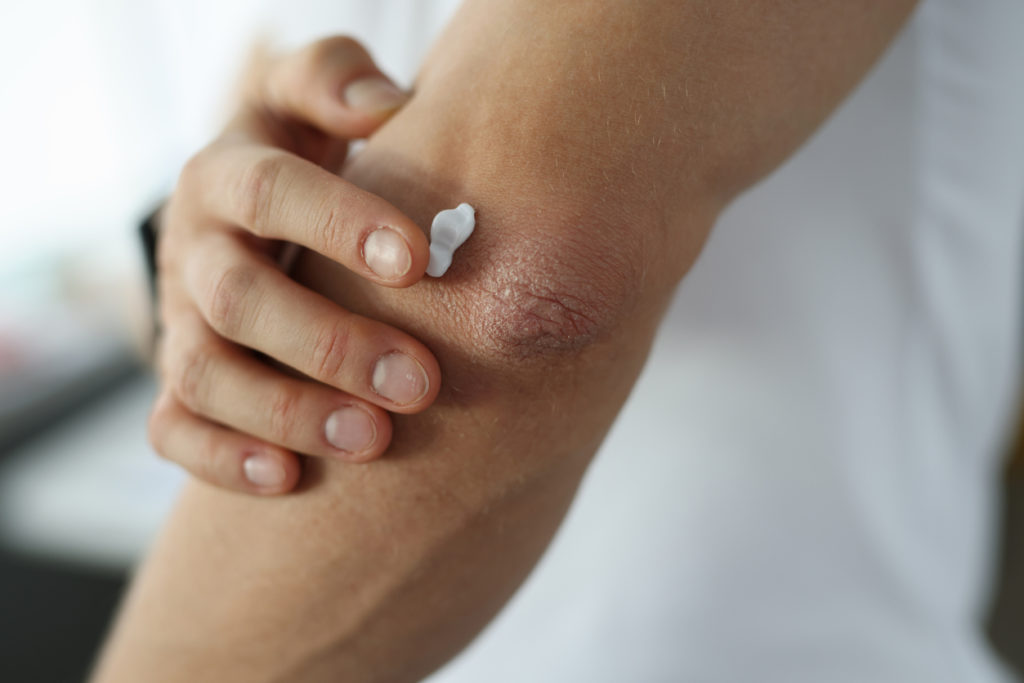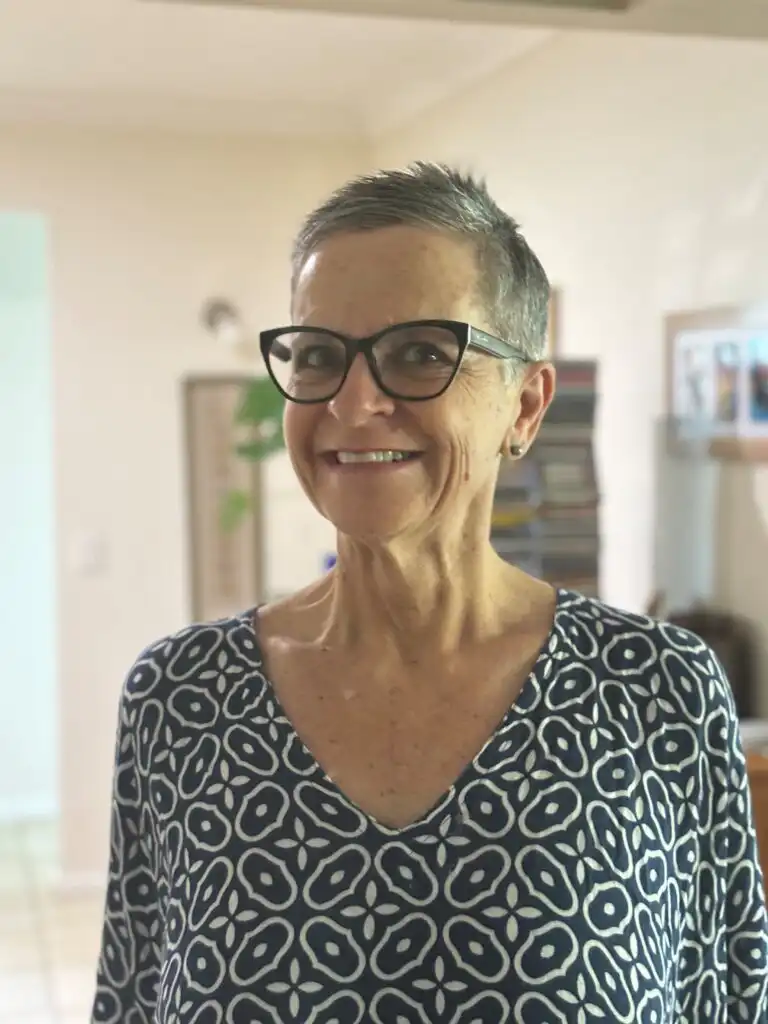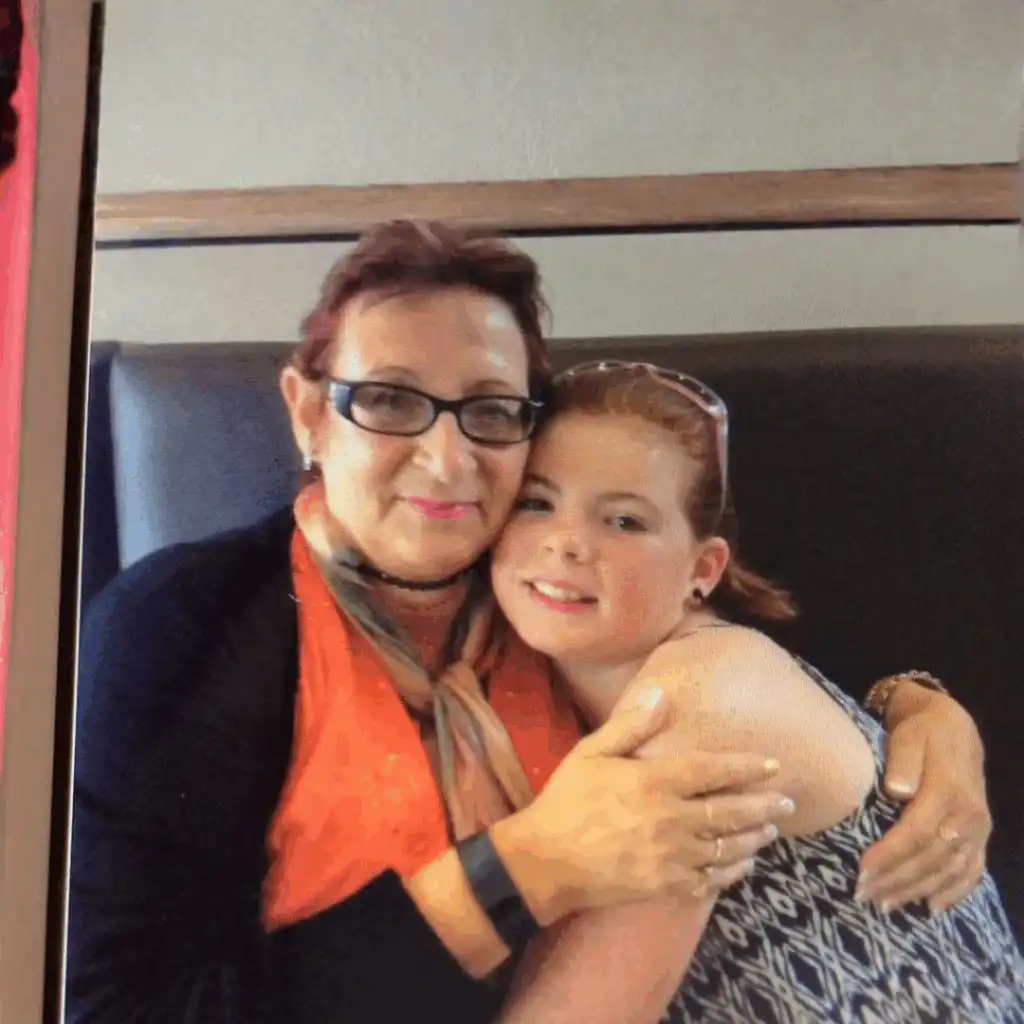There are many treatments for lung cancer and these medications or therapies can often bring side effects. Throughout your diagnosis, you may be recommended a range of different options. Understanding how to manage lung cancer treatment side effects is important to help you live well. These can include lowered blood counts that can result in reduced immunity, anemia or bleeding problems; nausea and vomiting; diarrhoea or constipation. Side effects can also include skin conditions, loss of appetite, weight loss and fatigue. Most side effects can be managed with the support of your healthcare team.

Fatigue
A common side effect of many lung cancer treatments is fatigue. This can include feeling exhausted, sleepy, drowsy, confused or impatient. Fatigue can also cause irritability, sadness and reduced care in your appearance or sexual desire. While you’ll often only experience fatigue for a short period while undergoing treatment, it can impact on your quality of life and overall wellbeing. This is why you should discuss how to best manage this side effect with your healthcare team.
Tips for managing fatigue:
- Organise activities throughout the day with rests in between, rather than being constantly ‘on-the-go’
- Eat a balanced diet and drink at least 1.5 litres of water per day to stay hydrated and increase energy
- Avoid caffeine where possible as it can make you jittery and irritable
- Lean on your support network if you need help with everyday tasks like shopping, childcare or driving.
Skin condition side effects of treatment
Dry and itchy skin can be a common side effect of radiotherapy and targeted cancer therapies. Even mild cases of skin flare-ups can cause irritation. It’s important to seek advice from your doctor if you experience this.
Tips for managing dry skin:
- Use a perfume and preservative free moisturiser that contains urea or sorbolene cream to hydrate the skin
- Avoid hot baths and long showers
- Use a natural detergent and colloidal oatmeal wash rather than chemical-heavy soaps
- Avoid sun exposure and apply sunscreen everyday (unless you are undergoing radiotherapy)
- Maintain hydration by drinking at least 1.5 litres of water per day
- Protect your skin from the cold and wind.
Tips for managing itchy skin:
- Apply cold compresses (an icepack wrapped in a towel)
- Keep nails short to avoid scratching and try to dab or wipe skin for relief
- Use an anti-itch cream or powder for relief
- For more serious itching talk to your doctor about whether other medication may be an option.

Lung cancer treatment and weight changes
Loss of appetite and nausea are also common side effects of lung cancer treatments and can result in weight changes. If nausea leads to vomiting, it is important to keep fluids up to remain hydrated. Your doctor can also prescribe anti-nausea medication to help. Loss of appetite and nausea can result in weight loss. Because of this managing these side effects with the support of your healthcare team is important to help you stay well.
Tips for managing loss of appetite and nausea:
- Eat small and frequent meals as large meals can exacerbate nausea
- Eat and chew slowly to support digestion
- Try eating simple foods like dry toast or crackers
- If you can keep liquids down better than food, try enriching your drinks with honey, yoghurt or other nutritional supplement to support weight gain
- Prepare and freeze food before undergoing treatment to ensure you have easily accessible meals ready while undergoing therapy
- When in doubt, talk to a dietician to support your nutritional needs.
Follow our Lung Cancer Network Facebook page to connect with others living with lung cancer and stay updated with the latest news and information.

Learn more from a Lung Cancer Support Nurse
If you are experiencing side effects from lung cancer treatments, book an appointment with our Lung Foundation Australia Cancer Support Nurse who can provide support on a range of topics including diagnosis, treatment, symptoms and side effects. This free telephone-based service is available across Australian to people living with or caring for someone with a lung cancer diagnosis. Book a call with our nurse today.
Was this page helpful?
Good job! Please give your positive feedback
How could we improve this post? Please Help us.



